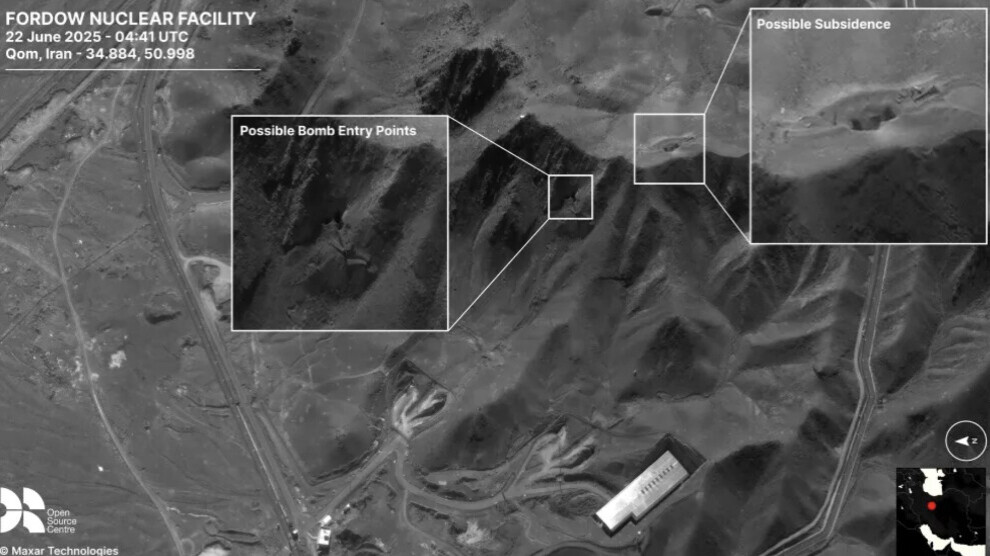The Iranian Parliament has approved the closure of the Strait of Hormuz, which is of vital importance to global energy trade.
According to reports by Iranian state media and Reuters, the final decision on whether the decision will come into effect now rests with Iran's National Security Council and ultimately with the Revolutionary Guards and religious leader Ayatollah Ali Khamenei.
The Strait of Hormuz, located between Oman and Iran, is known as the most critical transit point for global oil trade. According to the US Energy Information Administration (EIA), 21% of global oil consumption and a quarter of liquefied natural gas (LNG) trade passes through this narrow strait. Around 20 million barrels of oil are transported through the strait every day.
Iran's move could cause significant damage to the global economy, including its own. Under international sanctions, Iran relies on energy exports for a significant portion of its economy.
According to data from The Economist, the country earned between $35 billion and $50 billion from hydrocarbon exports in 2023, accounting for approximately 9% to 12% of its gross domestic product.
However, a possible closure will not be limited to Iran. There are warnings that this move, which is expected to have a devastating impact on energy markets, could quickly push oil prices up to $120.
According to Arne Lohmann Rasmussen, research director at Global Risk Management, the closure of the Strait of Hormuz would be “an absolute nightmare for the oil market.”














